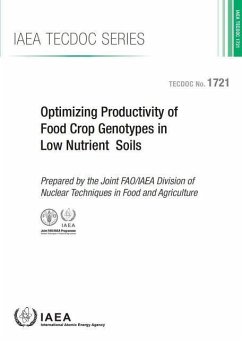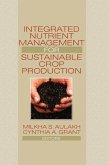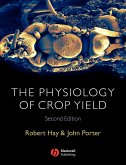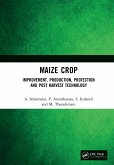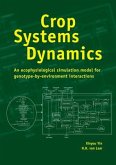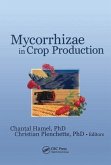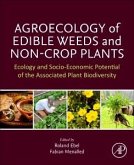Global climate change and variability are likely to exacerbate plant abiotic stress in the coming decades by increasing water stress and by accelerating soil fertility degradation. To respond to this set of challenges, there is a need to develop agricultural systems with significantly greater productivity and resilience, while at the same time with more efficient use of limited nutrient resources. This publication summarizes the output from a FAO/IAEA coordinated research project (CRP) on optimizing productivity of food crop genotypes in low nutrient environments over a five year period across a wide range of geographical areas and environments. It demonstrates that root traits are vital for nitrogen (N) and phosphorus (P) acquisition from low nutrient soils. The CRP participants created a database on cereals and legumes with better root characteristics and greater productivity in low input agriculture. The use of N-15 and P-32 as tracers was valuable to understanding the physiological
Hinweis: Dieser Artikel kann nur an eine deutsche Lieferadresse ausgeliefert werden.
Hinweis: Dieser Artikel kann nur an eine deutsche Lieferadresse ausgeliefert werden.

